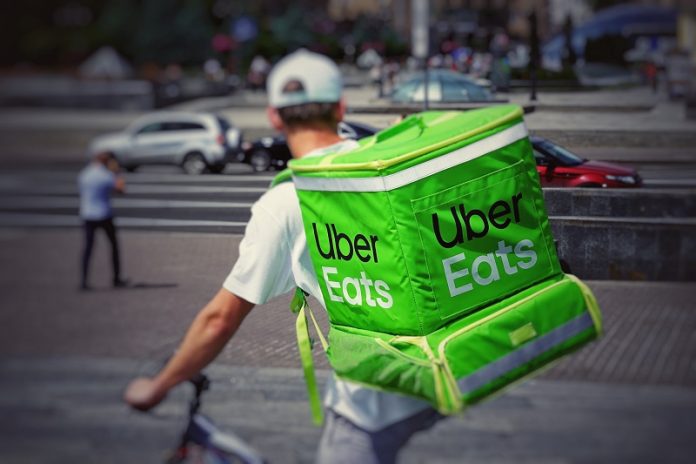
When trying to motivate gig workers like DoorDash and Uber drivers, using both cash bonuses and digital recognition might seem like a good idea.
However, new research from the University at Buffalo School of Management shows that combining these rewards may backfire.
The study, soon to be published in Management Science, explored how different types of incentives affect gig economy workers.
Researchers found that offering money or non-monetary rewards separately, like digital badges for good performance, boosts worker participation.
But surprisingly, combining these rewards doesn’t have the same positive effect.
Instead, offering both together weakens the impact of the financial incentives.
“Giving both verbal recognition and bonuses may seem intuitive, but it can be counter-productive in the gig economy,” says Ram Ramesh, Ph.D., a professor of management science and co-author of the study.
“Gig workers, who are usually earning at the lower end of the spectrum, often feel shortchanged when they receive a non-monetary reward instead of a higher bonus.”
To understand this better, the research team conducted 12 small-scale field trials in collaboration with a major on-demand platform.
They tested different combinations of incentives to see how they influenced the participation of gig workers.
The results showed that separately offering cash bonuses or virtual rewards, like digital high-fives or achievement badges, increased participation. But when given together, the non-monetary rewards actually weakened the impact of the financial bonuses.
In addition to looking at combinations of incentives, the study also explored how the way rewards are presented can affect workers’ behavior.
The researchers found that framing incentives as potential losses, known as a “clawback,” made non-monetary rewards more effective.
For example, telling workers, “If you don’t complete these tasks, you might not receive this reward,” encouraged more effort. However, this approach didn’t significantly change the effectiveness of monetary bonuses.
According to Ramesh, these findings highlight that gig workers’ perceptions of rewards play a big role in their motivation.
“Digital gig workers interact with an app rather than a manager, which makes them view their relationship with the platform as strictly transactional,” he explains. This means that adding a personal touch like recognition, when not done thoughtfully, may not be well-received.
As the gig economy continues to expand, it’s essential for companies to understand how to use incentives effectively. Tailoring rewards to fit workers’ expectations and experiences could lead to greater satisfaction and retention among gig workers.
By better understanding how and when to offer different types of incentives, digital platforms can improve worker engagement and create more sustainable relationships. This research sheds light on why it’s crucial to recognize the unique dynamics of gig work when designing motivational strategies.



